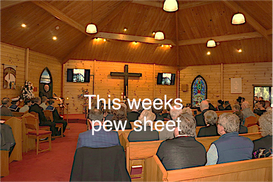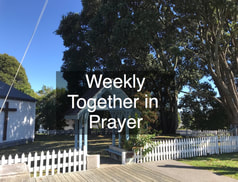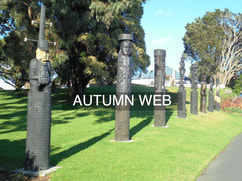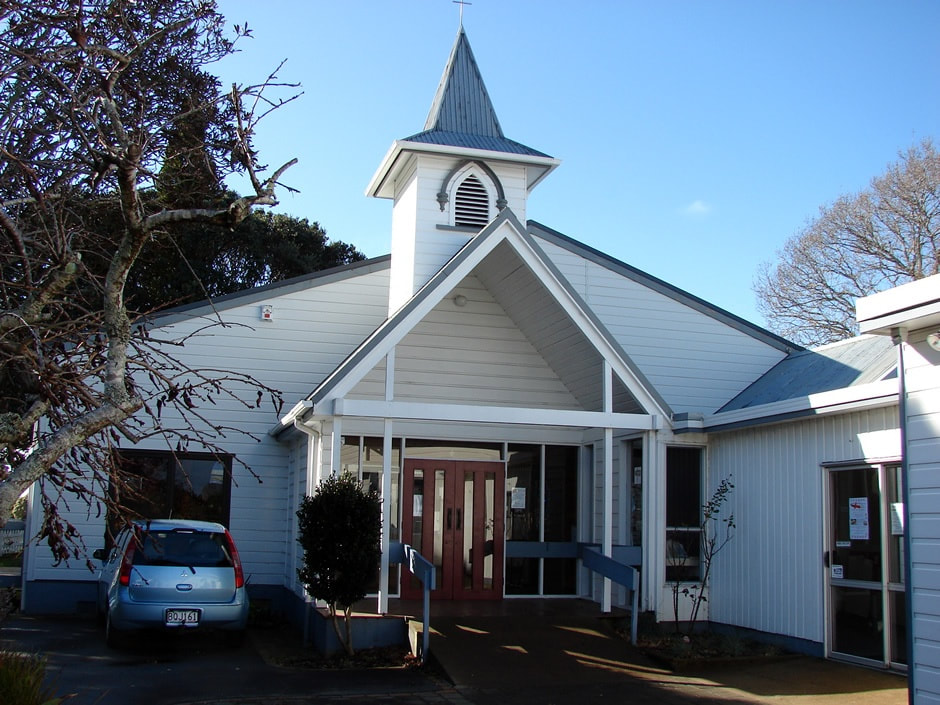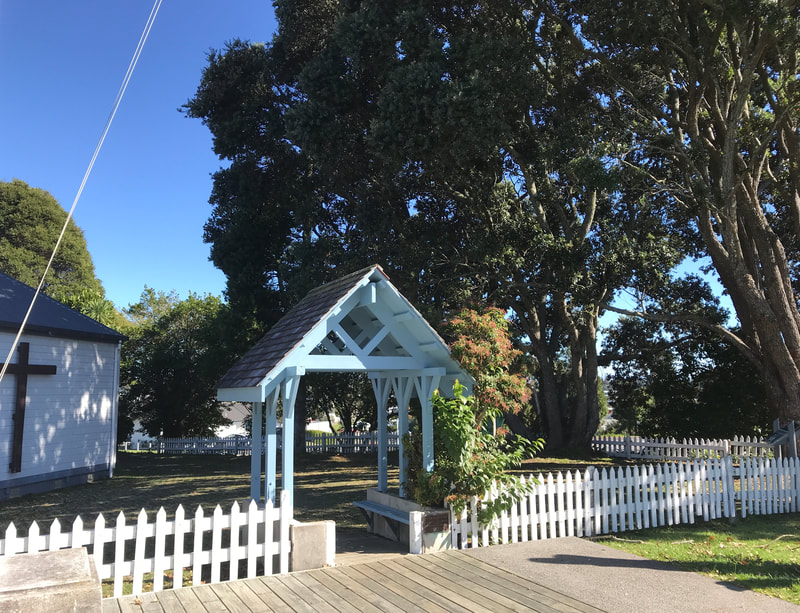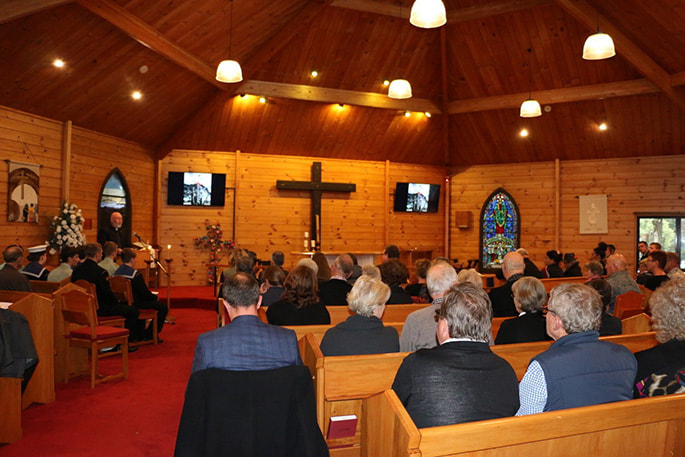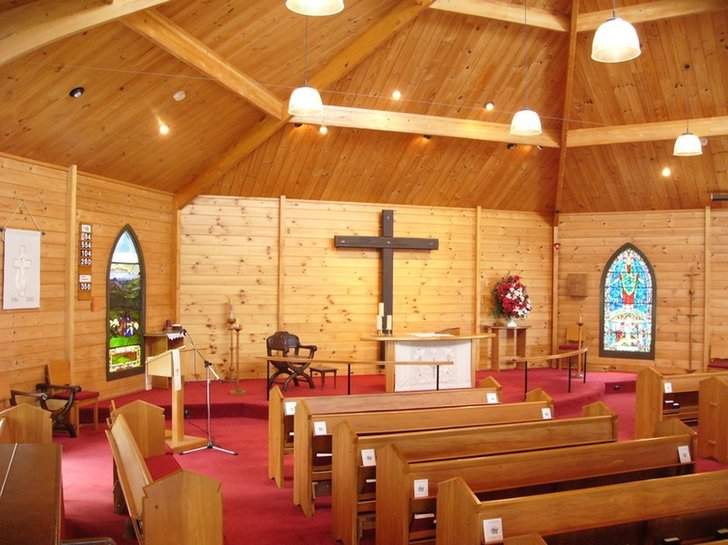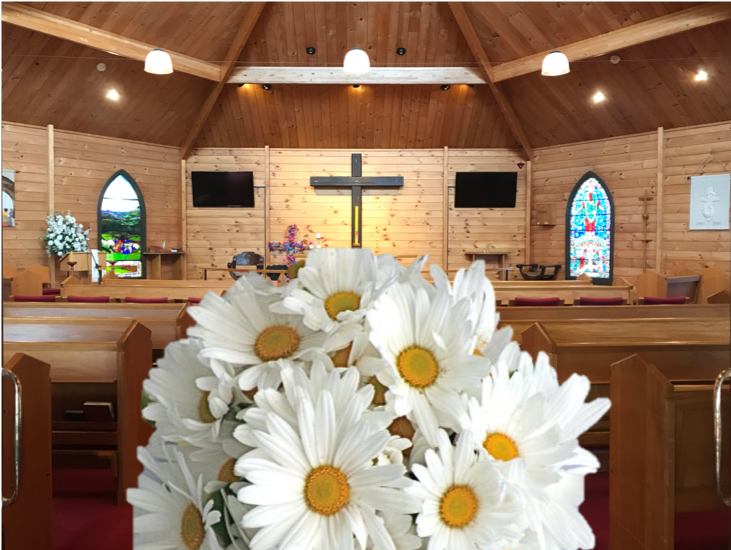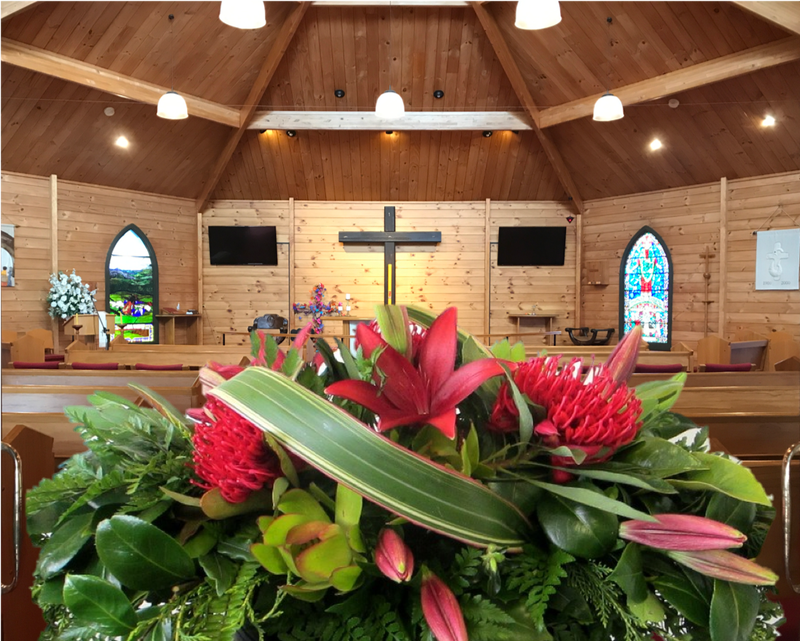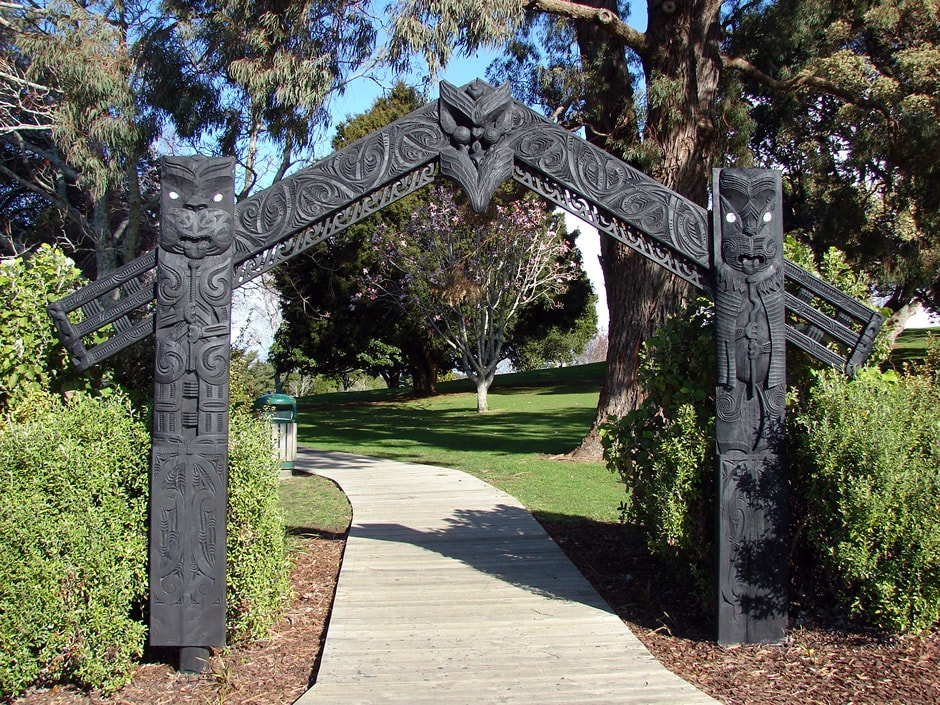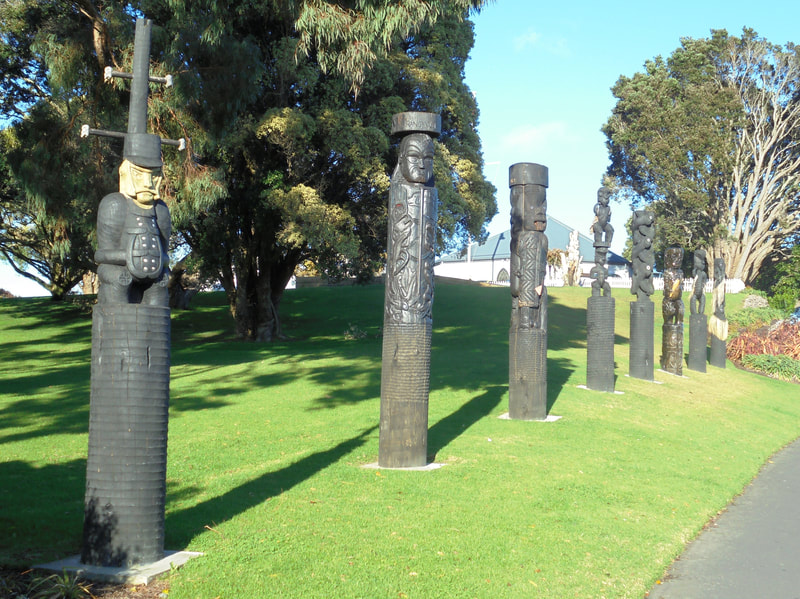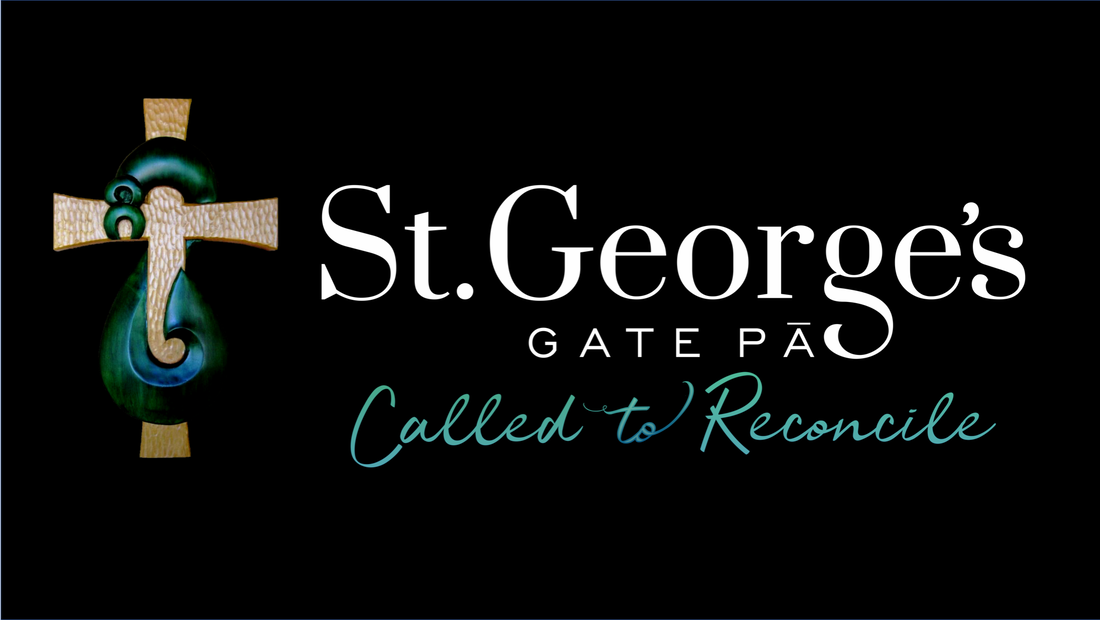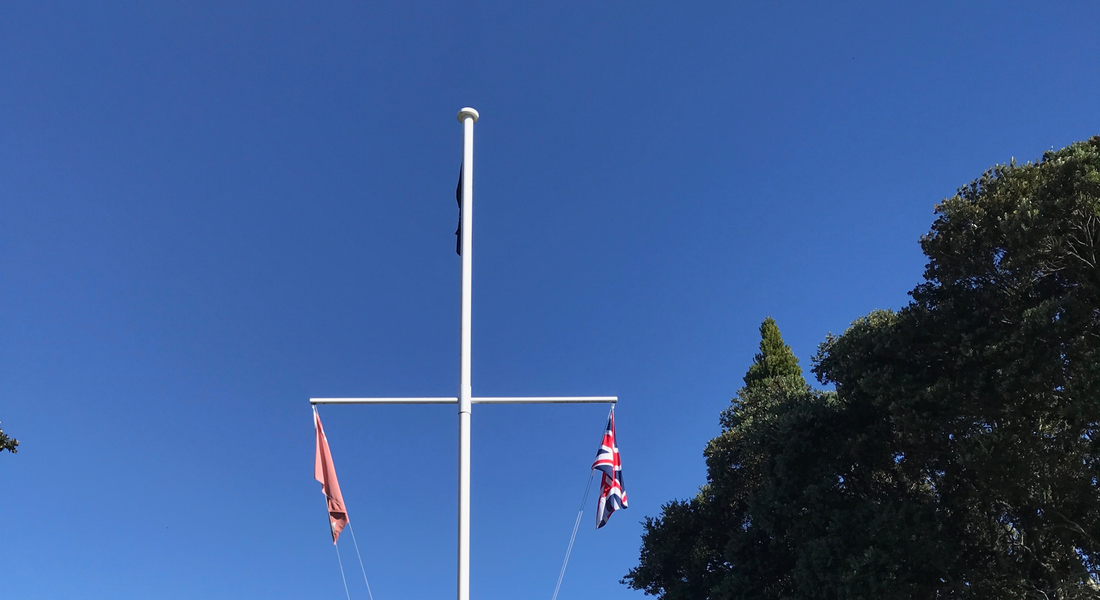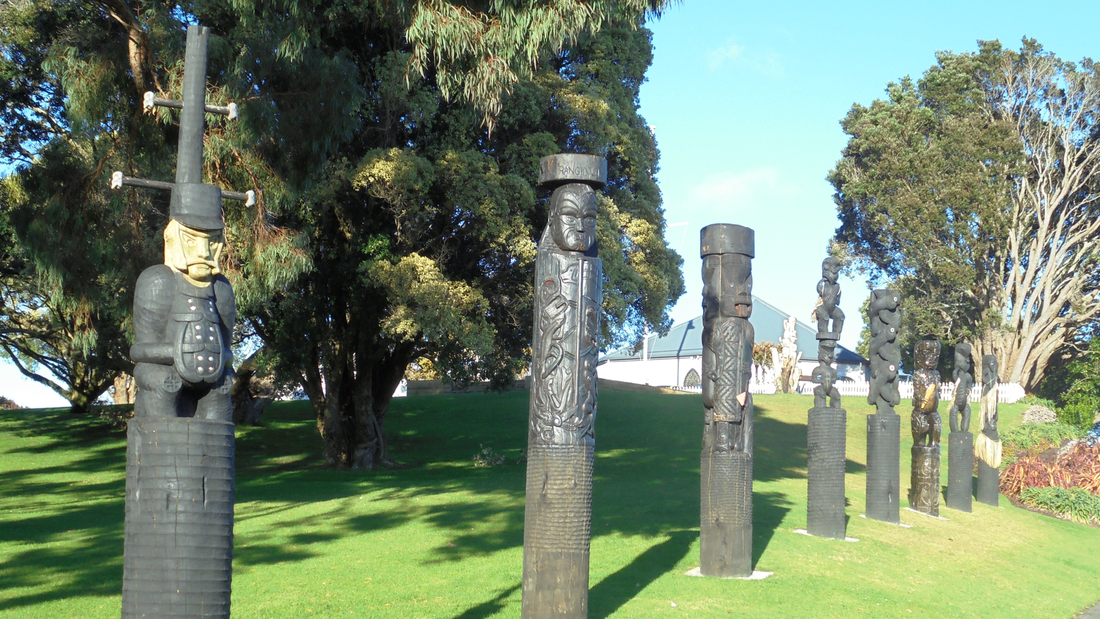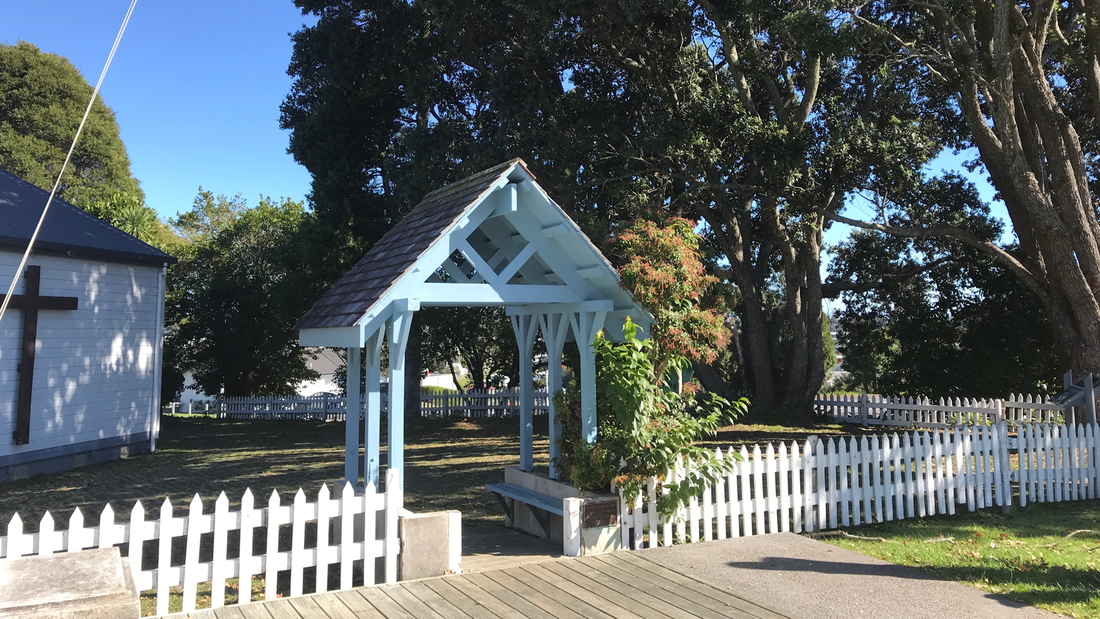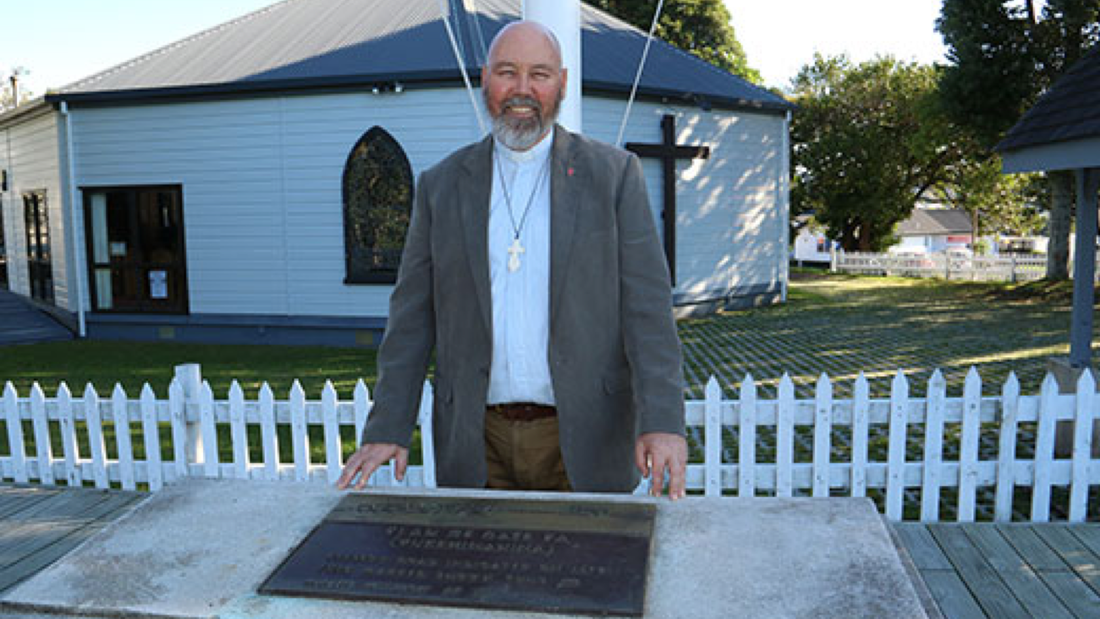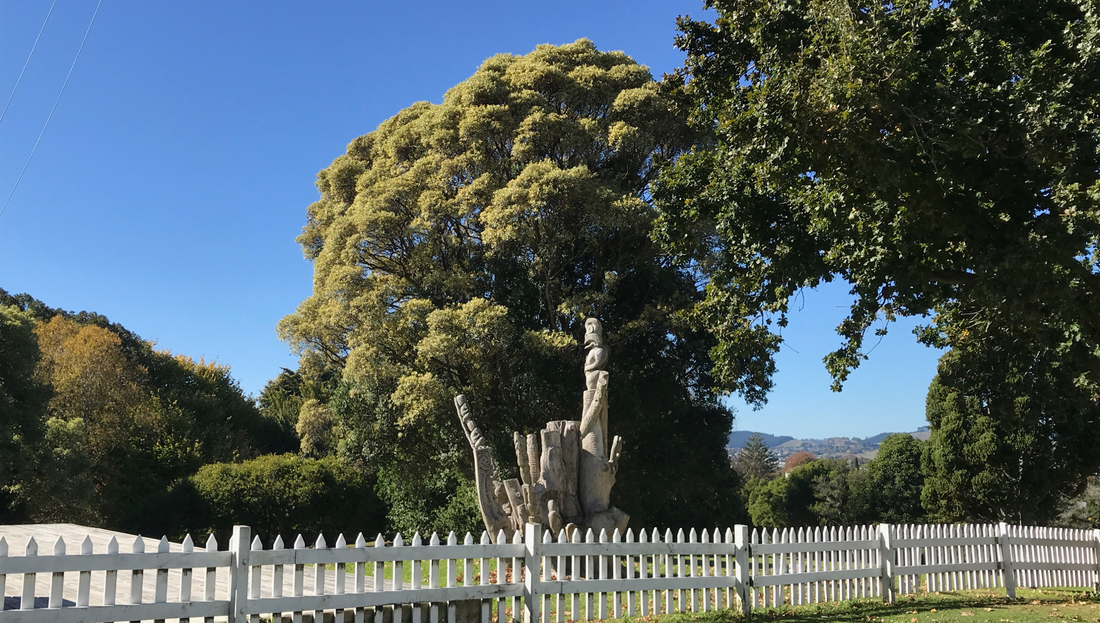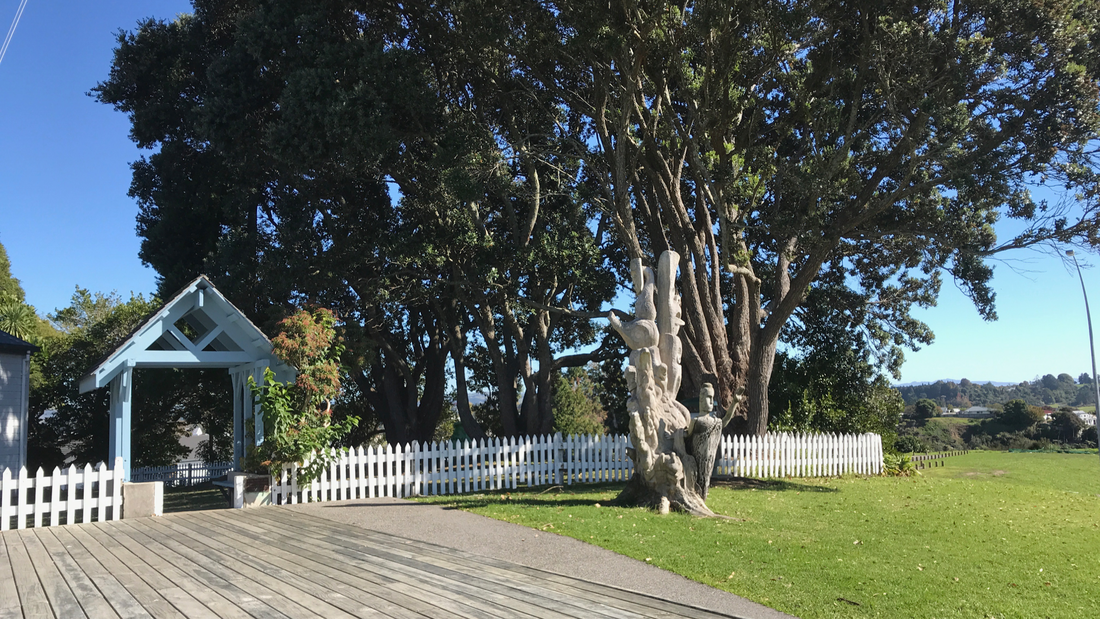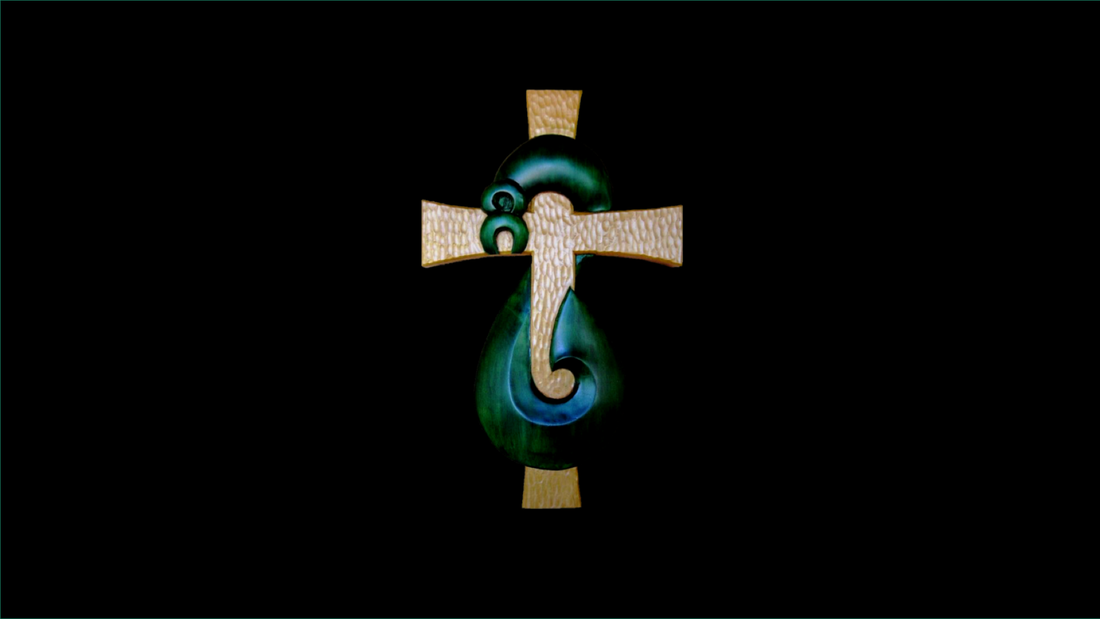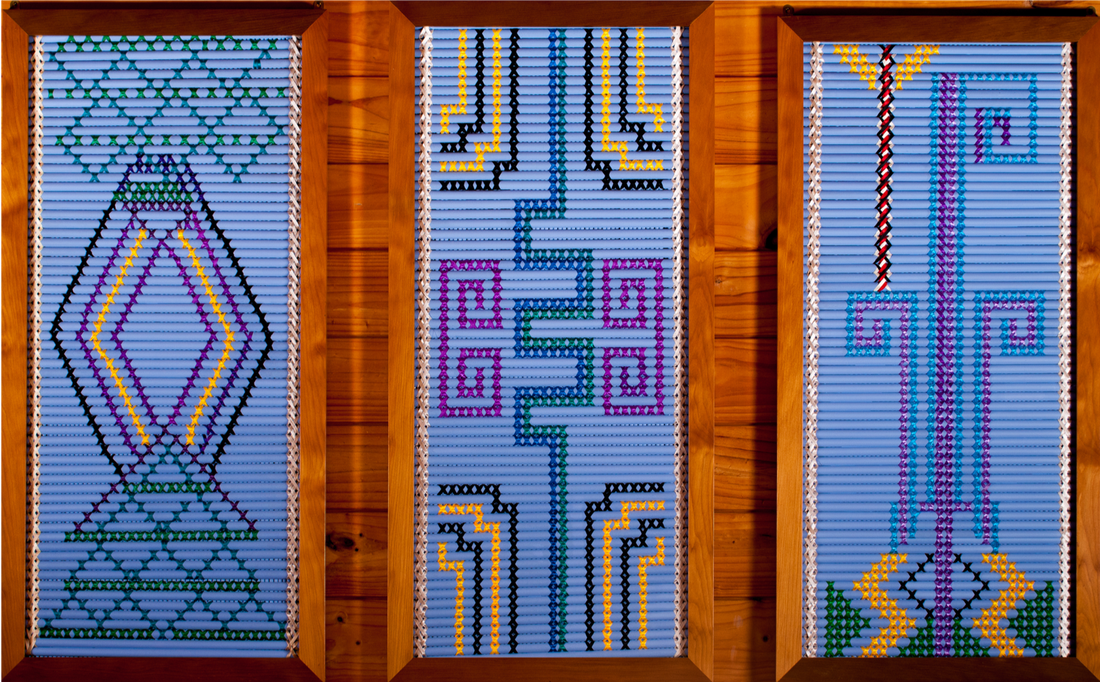Te Whare Karakia o Hori Tapu
St George’s
Anglican Parish of Gate Pā
All who enter here be reconciled
St George’s
Anglican Parish of Gate Pā
All who enter here be reconciled
WHAT HAPPENING
Service times: 9.30am with morning tea after the service.
Pastoral Letter from Bishop Hedge: Please read at your leisure
Nau mai, haere mai. Welcome to St George's, Gate Pā
|
ABOUT ST GEORGE'S
St George's Gate Pā is an Anglican Church in the Diocese of Waiapu. St George's sits on the historic battle site of Pukehinahina/Gate Pā, which was fought on 29 April 1864. This part of our story calls us to a mission of reconciliation. We try to be welcoming of everyone who walks through our door – above our door the words are written “All who enter here be reconciled”. We believe in the principles of justice, social equality and human rights, and we seek to be present to and with our community. St George's Gate Pā is a space for people to explore and express their faith, and within our sanctuary is a deep sense of the sacred and peaceful presence. Opening Hours The church is open to everyone each weekday from 9.00am to 12.30pm. It is a haven of peace and tranquility in a busy world. You are very welcome to come in and sit quietly and meditate in this restful place. if you would like to listen to, or watch, some of our services, please click the video link below, Ngā mihi The Vestry In memory of the Battles of Gate Pa and Te Runga between April and June each year - enjoy this amazing video presented by Marcus Winters drawn in sand. St George's Anglican Church sits on the site of the Battle of Pukehinahina - Gate Pā; one of the most significant events in the history of our city. Each year St George's offer a commemoration service on 29 April at 4.00pm in the afternoon, to enable our community to mark this significant event in our history, and to reflect how it shapes our present. Many ancestors of the two battles still live, and work in our city and attend these annual services.
|
|


